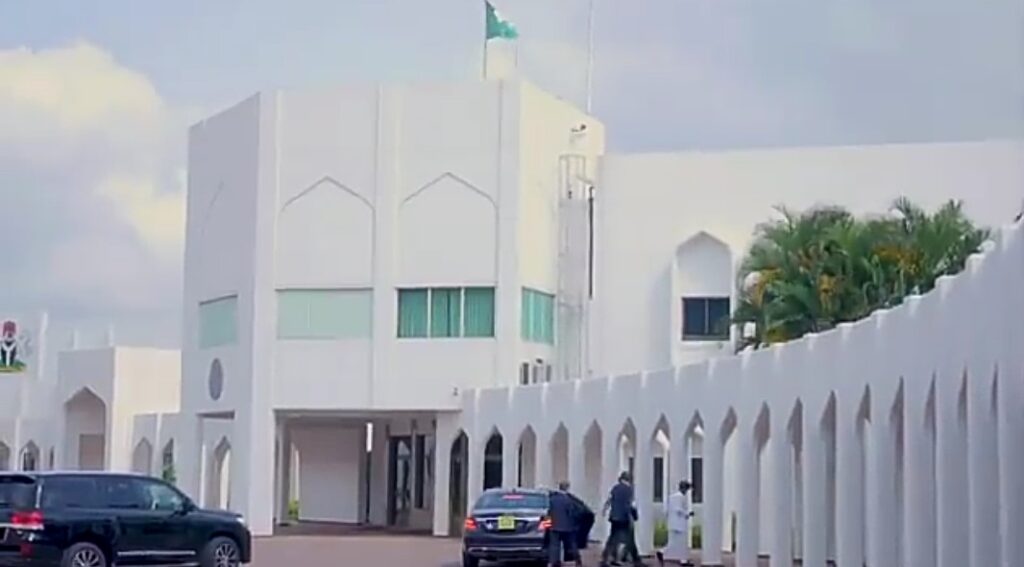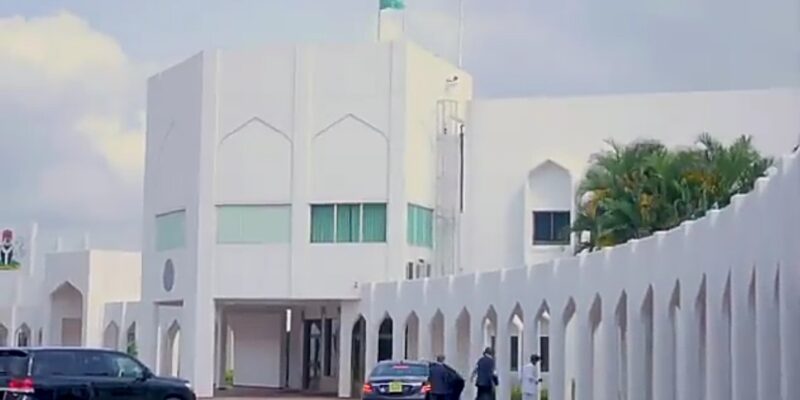
Amid growing public criticism, the Presidency has defended the recent approval of a ₦10 billion solar energy project for the State House, describing it as a step toward sustainable energy and in line with global best practices.
The clarification came from the Special Adviser to President Bola Tinubu on Information and Strategy, Bayo Onanuga, who addressed the controversy via his verified X (formerly Twitter) handle. Onanuga responded to widespread media backlash questioning the timing and necessity of the project, given Nigeria’s current economic challenges.
“The White House in Washington D.C. uses solar power,” Onanuga noted, emphasizing that solar adoption for government facilities is a global standard and not unique to Nigeria. He also shared a video detailing the U.S. government’s move toward renewable energy for its presidential residence, reinforcing the argument for Nigeria’s own shift.
Sources within the Presidency revealed that the proposed solar infrastructure will supply uninterrupted power to key areas of the State House, including the President’s residence, administrative offices, and other critical facilities. The system is expected to improve energy efficiency, reduce long-term operational costs, and support the government’s broader environmental goals.
While some Nigerians have welcomed the project’s potential to reduce carbon emissions and dependence on fossil fuels, many others remain skeptical about its timing and cost. Critics argue that the ₦10 billion allocation is excessive, especially at a time when citizens are facing severe economic hardship and inflation.
Despite the backlash, the Presidency maintains that the project represents a forward-looking investment in sustainable governance infrastructure.

Comments